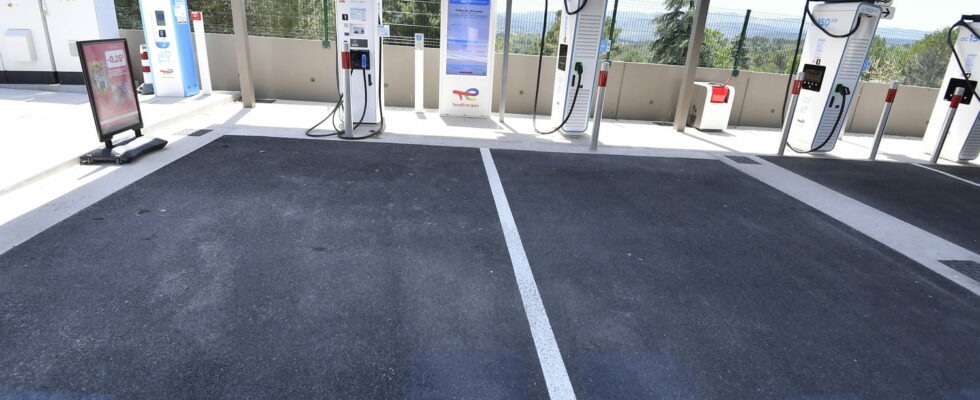This technological innovation promises unlimited range for electric cars.
Imagine driving an electric car without the inconveniences that come with it. No more need to plan your route according to the not yet numerous enough charging stations in the area, no more waiting (sometimes long) while the battery fills up, no more anxiety about running out of energy on the edge of the road. the road… Impossible? Today yes, but everything is moving very quickly in the automobile industry. A recent invention, presented by a major manufacturer at the beginning of October during Japan Mobility Bizweek 2024, could soon shake up the electric vehicle market.
We owe this innovation to Toyota, a brand at the forefront of hybrid engines but which, like its competitors, is increasingly turning towards the development of 100% electric cars. For several years, automobile manufacturers have favored batteries (lithium, lead, nickel-cadmium, nickel metal hydride) to power the electric motors of green energy cars. But another technology is progressing in parallel, more slowly, that of fuel cell electric cars. What is it about? Instead of a traditional battery, these vehicles have a cell capable of creating its own electricity from hydrogen.

Unlike battery-powered electric cars, electric vehicles powered by hydrogen are refueled like a thermal car, at a service station where the price per liter is close to that of gasoline and diesel. During its recent presentation in the Japanese city of Chiba, Toyota unveiled its discovery: portable hydrogen cartridges. They are so small and light that they can be carried in a backpack in the car. Like changing batteries in a remote control, these cartridges can be quickly replaced when the car’s hydrogen levels are low. The driver would therefore no longer have to stop to “refuel”.
This discovery is considerable because it lays the foundations for an electric car with unlimited autonomy. At a time when manufacturers are fighting to offer the best offer – 300, 400 kilometers for city cars, 600, 700 kilometers for SUVs – these small hydrogen cartridges could put an end to the debate.
As a reminder, the autonomy of electric vehicles remains, with the relative difficulty of finding charging stations and prices, the main obstacle for motorists when taking the plunge. Speaking of price, this is the big problem with hydrogen cars. Their manufacturing cost remains very high, the most accessible today costs a little over 70,000 euros (it’s a Toyota, the Mirai). If the problem of autonomy could soon no longer be one, that of price still remains to be resolved.
